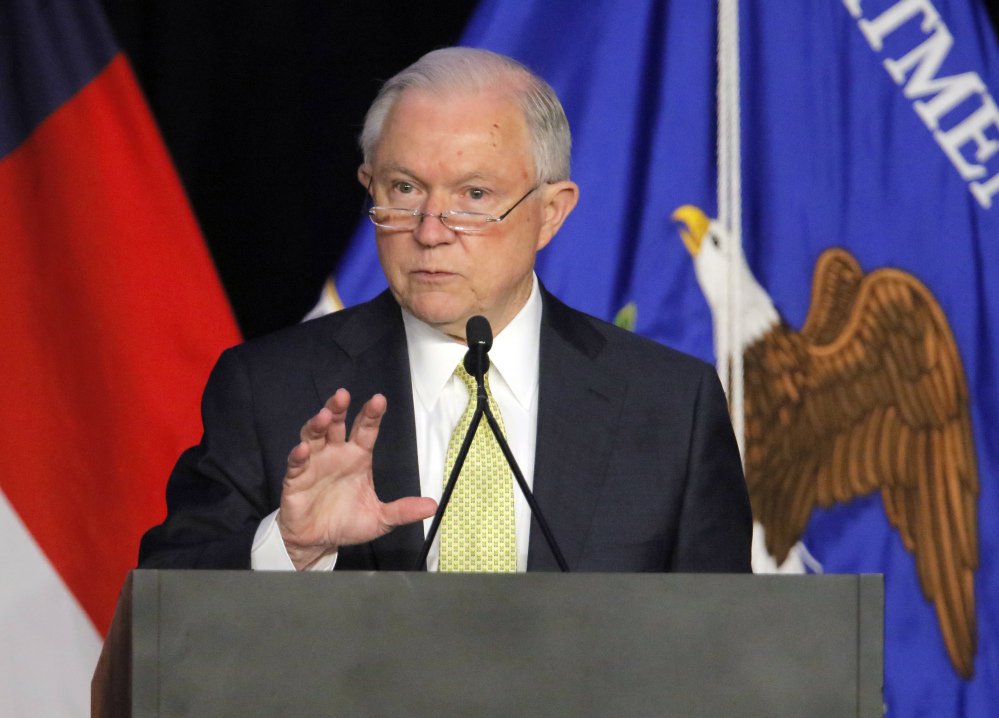Attorney General Jeff Sessions offered to resign at one point in recent months after his relationship with President Trump grew increasingly tense, two people close to the White House said.
The strain between the two began after Sessions recused himself in March from the investigation into Russian interference in the 2016 election. Sessions announced his recusal shortly after he became attorney general and a day after The Washington Post revealed that he had twice met with Russian Ambassador Sergey Kislyak during the campaign and did not disclose that fact to the Senate Judiciary Committee during his January confirmation hearing.
Trump learned of the attorney general’s decision shortly before Sessions announced it at a news conference. The president’s anger has lingered for months, according to the people close to the White House, who said Trump blames Sessions’ recusal as a factor in the decision last month by Deputy Attorney General Rod Rosenstein to appoint a special counsel, Robert Mueller, to oversee the Russian investigation.
Trump also has grown frustrated with the way his travel ban has been stalled in federal courts, the people added.
It is unclear when Sessions offered to resign, and Trump refused the offer. The moment was brief and Sessions made the suggestion after weeks of Trump’s disgruntlement and tense private meetings, according to the two people close to the White House who requested anonymity to speak candidly.
Sessions’ offer to resign was first reported by ABC News. Justice Department spokeswoman Sarah Isgur Flores, who was with Sessions in Atlanta Tuesday, declined to comment.
Send questions/comments to the editors.



Success. Please wait for the page to reload. If the page does not reload within 5 seconds, please refresh the page.
Enter your email and password to access comments.
Hi, to comment on stories you must . This profile is in addition to your subscription and website login.
Already have a commenting profile? .
Invalid username/password.
Please check your email to confirm and complete your registration.
Only subscribers are eligible to post comments. Please subscribe or login first for digital access. Here’s why.
Use the form below to reset your password. When you've submitted your account email, we will send an email with a reset code.